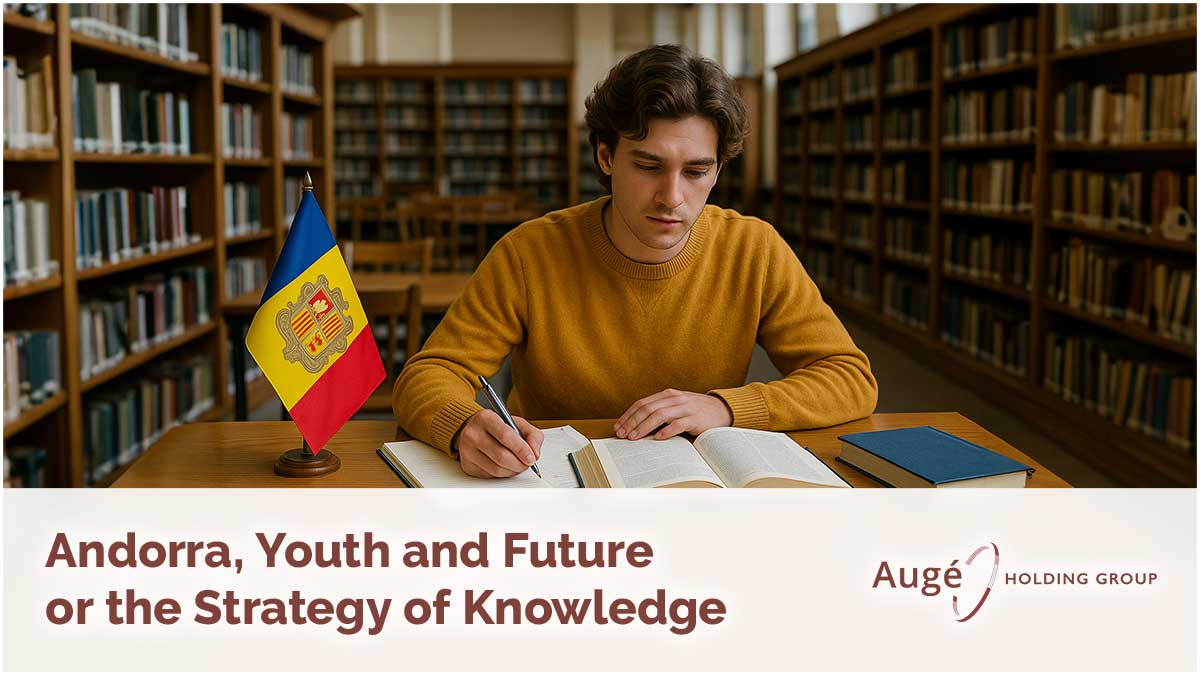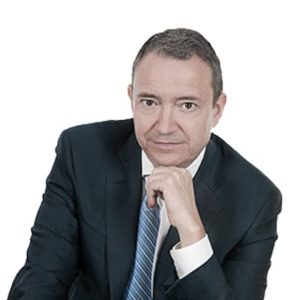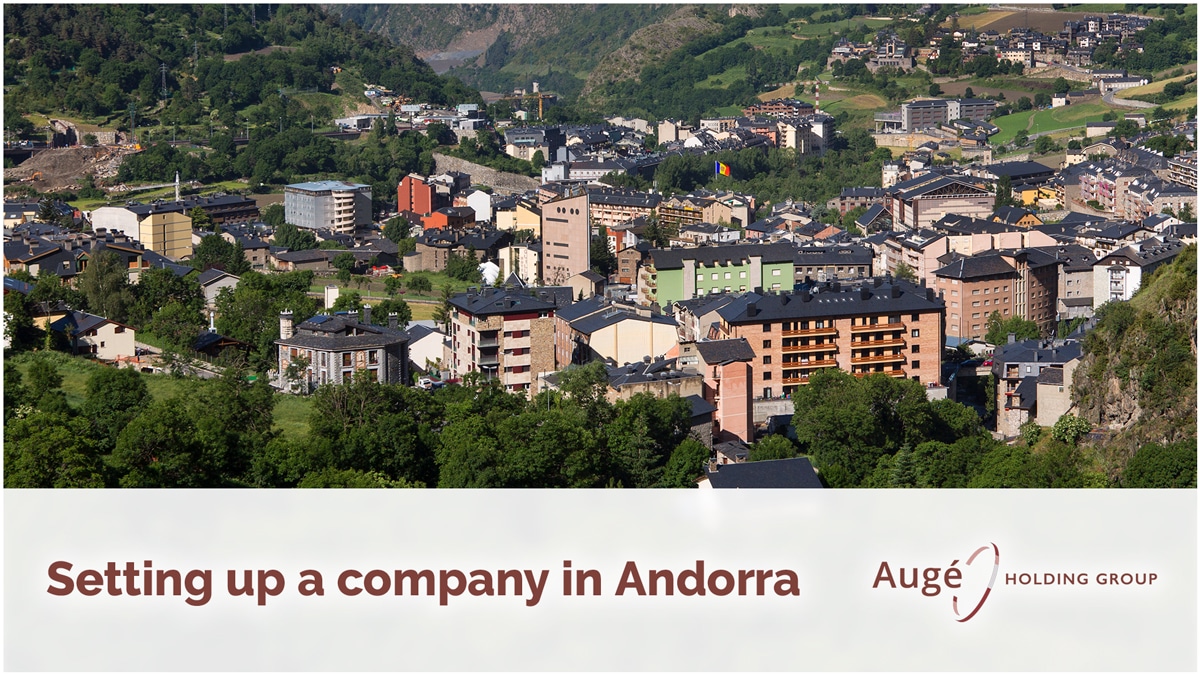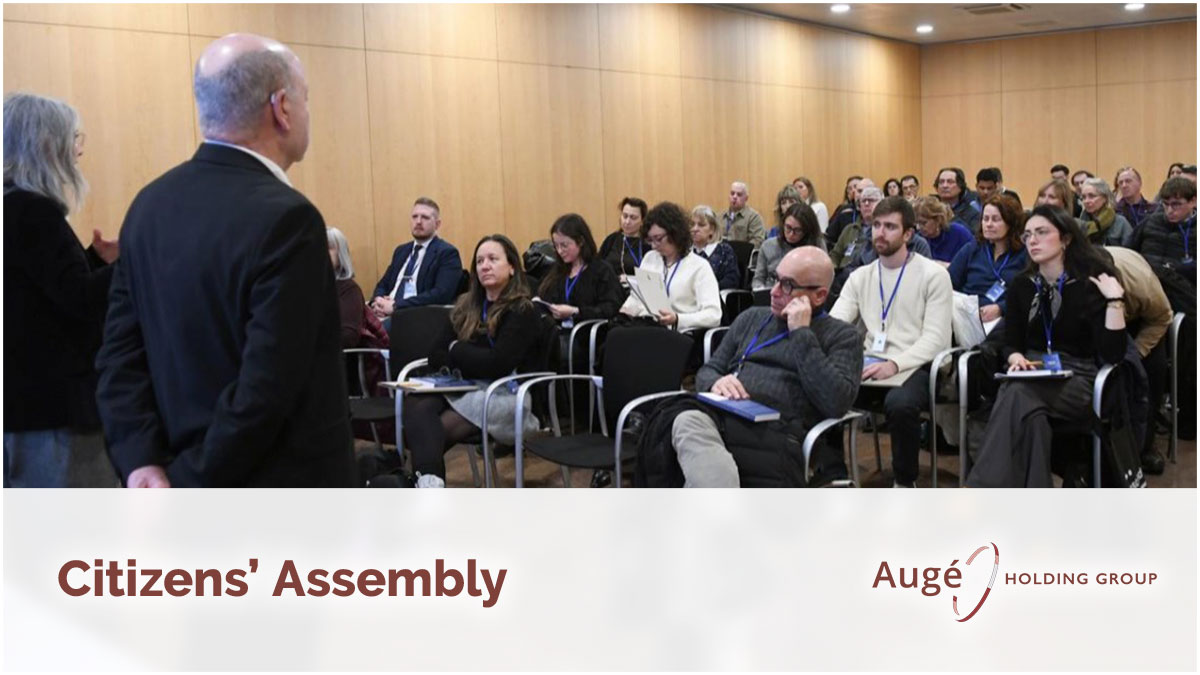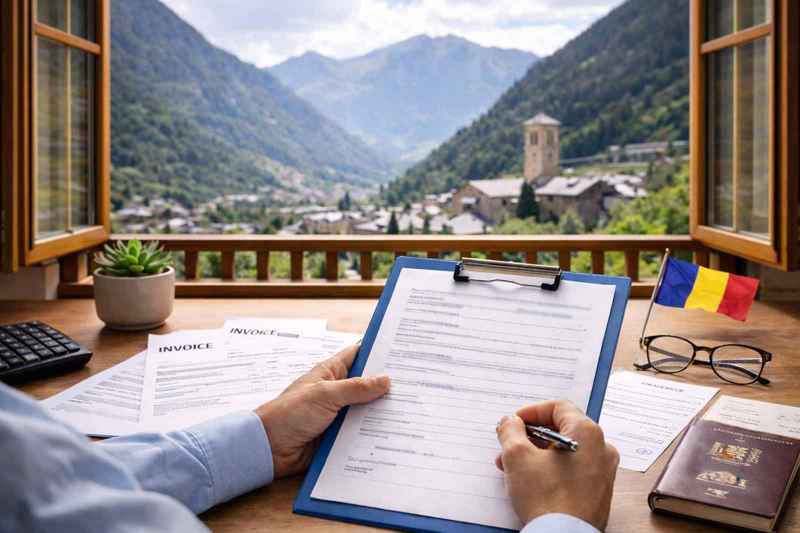It is evident that talking about youth means talking about the future, but also about the present. And today’s reality shows us a panorama that is not very encouraging for the young people of Andorra, at a time when civil society in general is particularly sensitive to factors such as: the constant loss of purchasing power, the relentless increase in housing costs, the uncertainty about the effects of the future association agreement with the EU, concerns over the pensions/retirement binomial, and the lack of perspective for a youth that neither finds value-added job opportunities nor short-term possibilities for independence, given the circumstances.
In the end, all the factors mentioned are interconnected and respond to key elements in the medium- and long-term strategic development of the country. The economic and social health of the nation therefore depends on this strategy, which must provide a satisfactory response to what today is uncertainty.
We speak of value-added opportunities to justify that our young people, who for now go abroad to study, return and find jobs with remuneration consistent with the qualification required, and where market conditions allow them to live with dignity, growth prospects, and saving capacity. But ultimately, these are the same conditions that would motivate students from around the world to come and study in the country, or already-trained talent to seek out distinctive opportunities. This means that, regardless of whether candidates are local or foreign, what is needed is the existence of real and tangible opportunities in the market — and therefore, they must be created. How?
The key word is “knowledge”, and I propose laying the foundations for its real and effective development. If we are capable of being attractive to those who seek where to acquire and develop knowledge, we will take a giant step.
Forward in thinking about the future of our society. For decades we have been able to attract mass tourism, and in the last 13 years, investors/entrepreneurs and some real estate speculators, in sufficient volume to already show signs of market congestion and saturation.
But we still have to try what some of us believe could be the key to ensuring solid and healthy growth for our society: the latent attraction of the most qualified national and international students, as well as graduates in their professionalization phase, in search of the most attractive opportunities.
For this to happen, it is necessary to strengthen the in-person educational offer — both specialized professional training, currently insufficiently developed, and university education, in those more distinctive sectors that could generate future opportunities such as new technologies, healthcare, or business and sports management. If there is an educational and research & development offer, we will not only attract talent from abroad and strengthen the local one, but we will also capture the attention of those specialized companies that revolve around university campuses and the synergies they generate. Even more so if we build upon Andorra’s competitive advantages, which today have not yet been made available to the value-added companies we hope will one day arrive in our country.
Just a few days ago, the National Youth Forum was analyzing a study on whether the future association agreement with the EU would bring anything positive to the country’s youth. The discussion focused precisely on the possibility — and at the same time the risk — that our young people would take the opportunity to go abroad to study and then stay there, facing the better conditions offered by any EU country compared to the few they would find in Andorra. But no one explained that this would not be necessary if we were capable of planning a strategy like the one described. After all, what could be better than returning to the country where I grew up, where my family and friends are, if in addition, the living conditions are exceptional? No matter how competitive the offer of any EU country may be, where taxes are higher, citizen insecurity is greater, and the air is much less pure. However, for our young people to return and build a future in Andorra, and ensure its continuity, it is first necessary to develop the knowledge strategy.
It must be said: the different political parties never talk about it. Too difficult? Too unpopular in the short term? Of course — because we think in “4-year terms” and no further! But what if we think 25 or 50 years ahead? Do we imagine it in the form of qualitative growth instead of quantitative growth? I do. And I invite all those who can also imagine it to convince the politicians who will run in the coming years to lead us, so that, please, they lift their gaze beyond a single legislature and project, with concrete strategic proposals, how to make the development of knowledge the standard of the country’s future.

